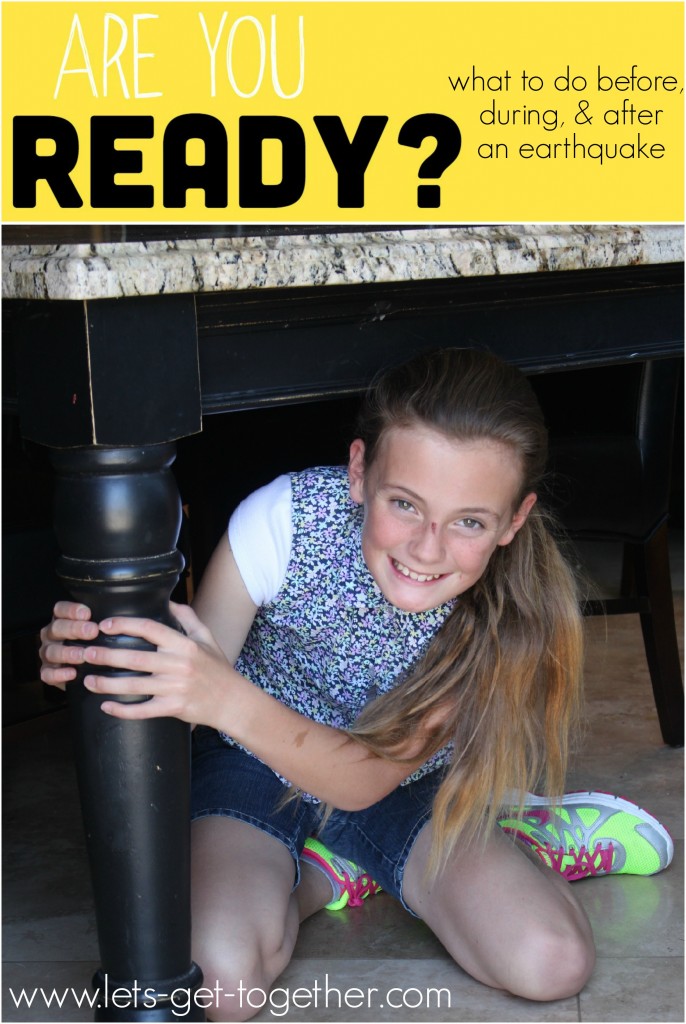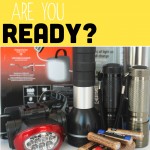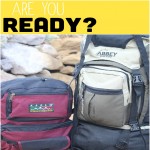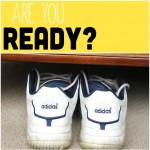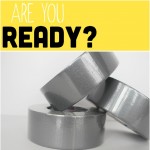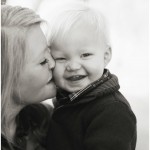In the late 1940’s as a responsible fourteen-year-old my mother was asked to babysit her nephew for a few days in California while my aunt and uncle were away on business. They lived in a small apartment so Mom slept in the bed next to Phillip in the crib. In the early hours of the morning, she woke up to a strange feeling. Her eyes finally focused on the corner of the room where she saw the walls were moving. She thought of grabbing the baby and climbing under the bed, but instead scooped him up and ran outside. She said it was the strangest thing to be running out the door while it seemed to be shifting. Of course the quake only lasted a few seconds, but Mom said it felt like forever. Everyone in the apartment complex stayed outside on the lawn until police said it was safe to go back in. Mom was a brave soul and continued babysitting on her own for another couple days, experiencing some aftershocks. I sure hope Uncle Kent tipped her well when he returned!
How do you know an earthquake is happening?
You may experience a shaking or rolling motion in the walls, floor, or ground. This movement may grow more extreme within seconds.
Objects may fall off shelves, light fixtures may swing or fall from ceilings, or tall furniture may fall over.
There may be dust or glass particles in the air.
You may hear noises similar to a heavy truck or train passing nearby.
Before an Earthquake:
– No matter where you are, know how to protect yourself and your family during an earthquake. Teach your family to DUCK- COVER- HOLD. DUCK or drop down on the floor. If you don’t drop down immediately you may be knocked off your feet. You may not be able to walk or run. Take COVER under a sturdy desk, table, or other furniture. If that’s not possible, seek cover against an interior wall and protect your head and neck with your arms. Avoid danger spots near windows, hanging objects, mirrors or tall furniture. If you take cover under a sturdy piece of furniture HOLD on to it until the ground stops shaking and it is safe to move. Practice a family drill at least once a year.
– Do a home hazard hunt. During an earthquake, anything that can move, fall, or break is a potential hazard. Hang pictures and mirrors away from beds. Cribs should be placed away from windows, unsecured bookcases and shelves. Bolt down or provide strong support for water heaters and other appliances.
– Keep a pair of shoes under your bed for quick evacuation.
– Organize a 72-hour portable emergency kit.
– Store water and food, important documents and cash.
– Plan how you will communicate with family members.
– Keep a fire extinguisher to put out small fires. Earthquakes can cause fires to break out.
During an Earthquake:
– STAY CALM
– If you are indoors, stay inside and find protection in a doorway, or crouch under a desk or table. Stay away from windows, glass doors, brick walls and chimneys/fireplaces.
– If in bed, stay in bed and cover your head with a pillow.
– If outside, stand away from buildings, trees, telephone and electric lines.
– In an office building, seek cover under a heavy table or desk, or stay next to a pillar or support column.
– If in a car, stop in a safe area away from bridges, ramps, trees, buildings and utility wires. Stay in your car. Proceed cautiously when the earthquake is over, avoiding damaged areas.
After an Earthquake:
– Check for injuries. Provide first aid.
– Go to a safe area outside if possible.
– Wear shoes.
– If you are trapped, tap on a pipe or wall or use a whistle so rescuers can locate you.
– Check for safety – gas, water, sewage breaks, downed electric lines, turn off interrupted utilities as necessary, check for building damage and potential safety problems during after shocks, such as cracks around chimney and foundation, check for fires.
– Clean up dangerous spills
– Tune radio to an emergency station and listen for instructions from public service agencies.
– Notify your family that you are okay, preferably by texting.
